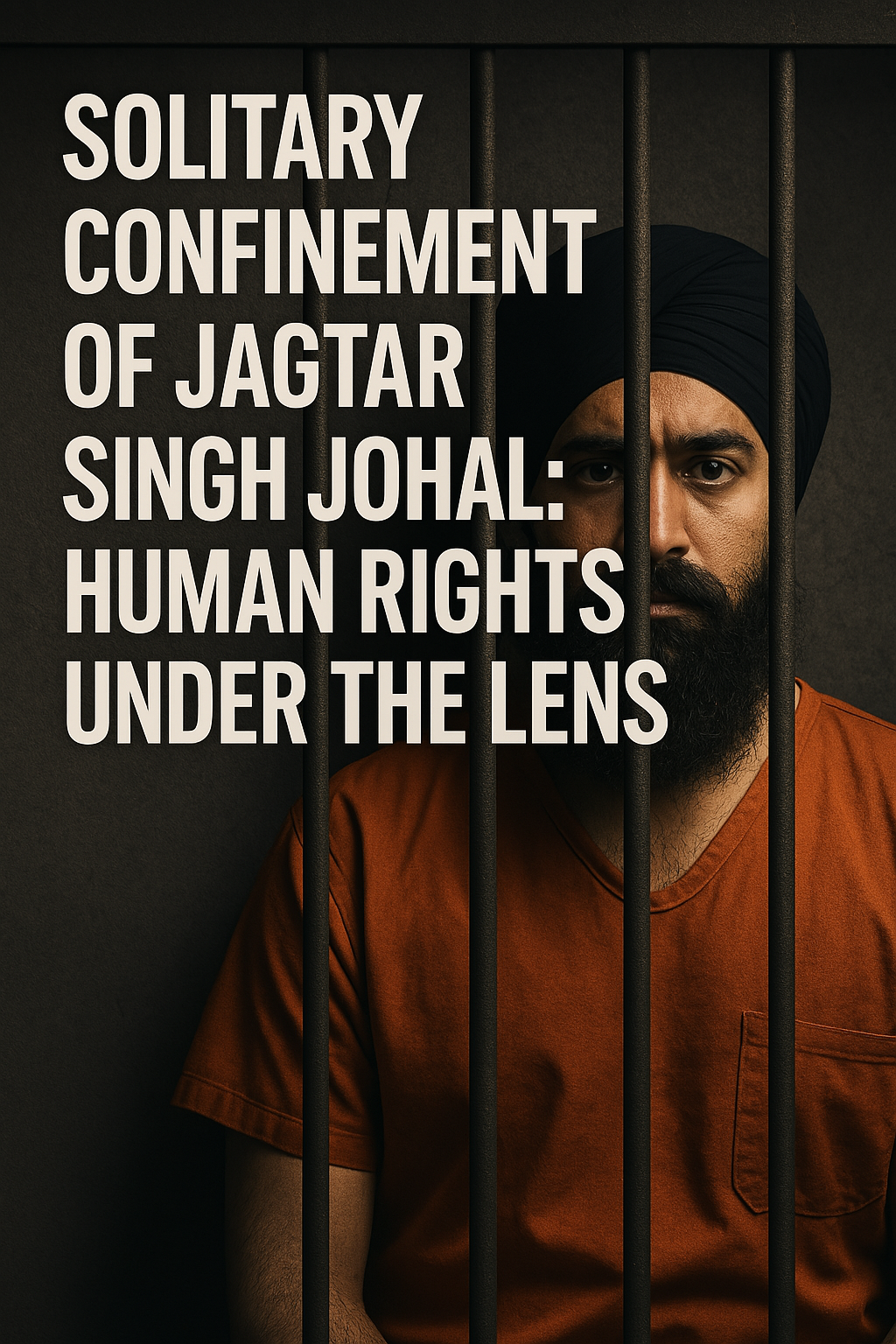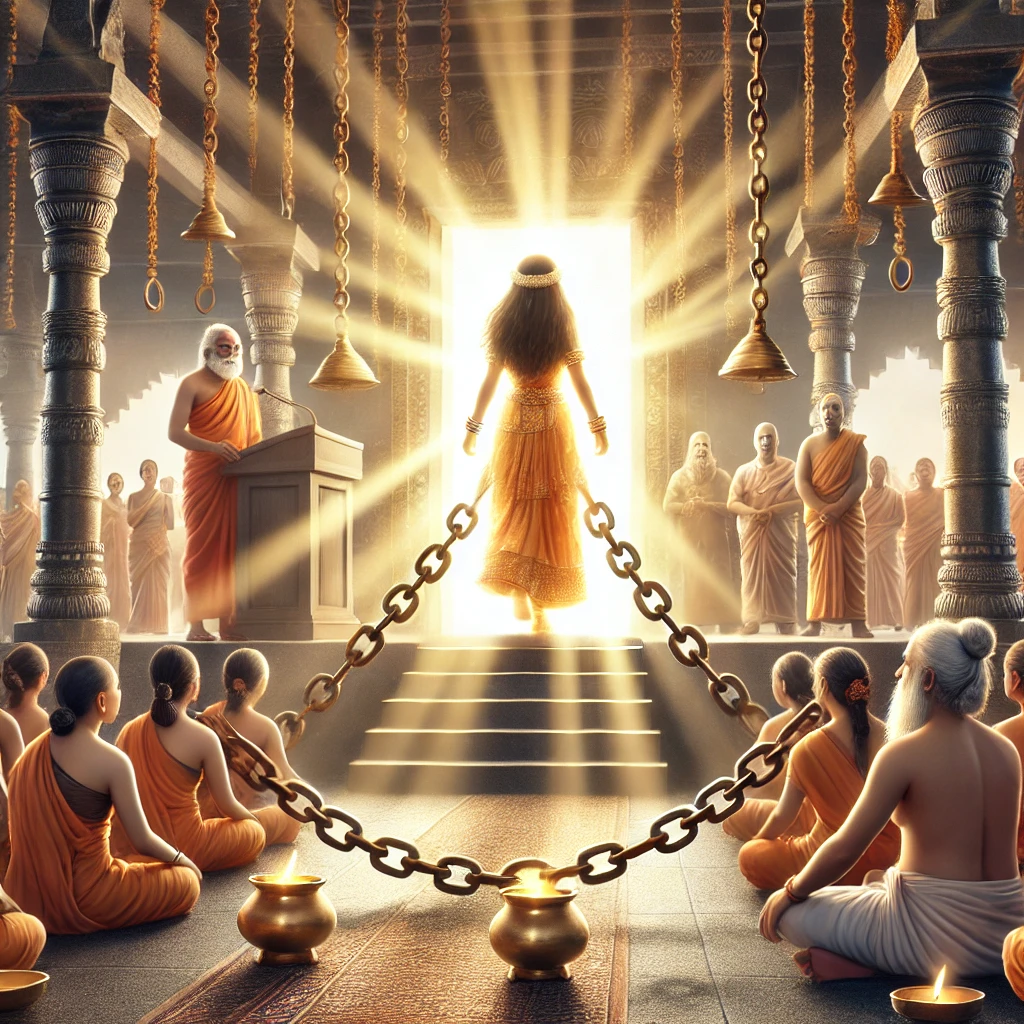
Solitary Confinement of Jagtar Singh Johal: Human Rights Under the Lens
In a case that has drawn attention from the UN and human rights organizations, British national Jagtar Singh Johal, imprisoned in India since 2017 under terror-related charges, is reported to be in solitary confinement.
This isn’t just a headline. It’s a legal and ethical question.
The Case So Far
Jagtar was arrested under the Unlawful Activities (Prevention) Act for alleged involvement in targeted killings in Punjab. His detention sparked international scrutiny, especially as he claims torture and coercion to sign blank confessions.
Why Solitary Confinement is a Legal Issue
Under Indian law, solitary confinement is only permitted post-conviction, and even then, with strict limits (IPC Sections 73 and 74). But Jagtar hasn’t been convicted yet.
So the question arises:
Can an undertrial be held in solitary confinement without judicial oversight?
The answer—legally—is no.
What Human Rights Say
• Article 21 of the Indian Constitution guarantees the right to life and personal liberty
• Internationally, the UN Standard Minimum Rules for the Treatment of Prisoners (Nelson Mandela Rules) discourage prolonged isolation
Legal Implications for the Indian State
If proven, this could lead to:
• Strong rebukes from international bodies
• Violation of India’s treaty obligations under ICCPR
• Grounds for compensation under public interest litigation












comments